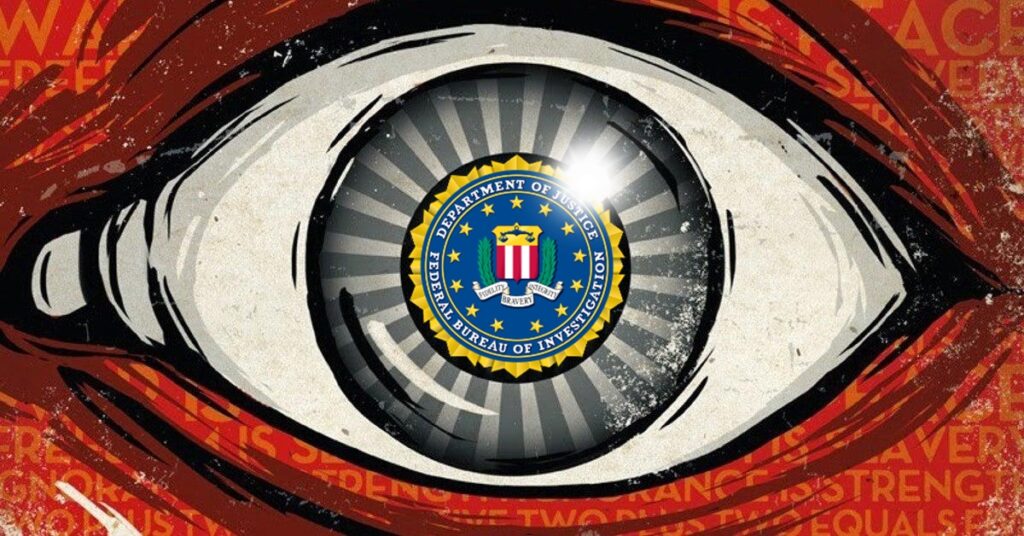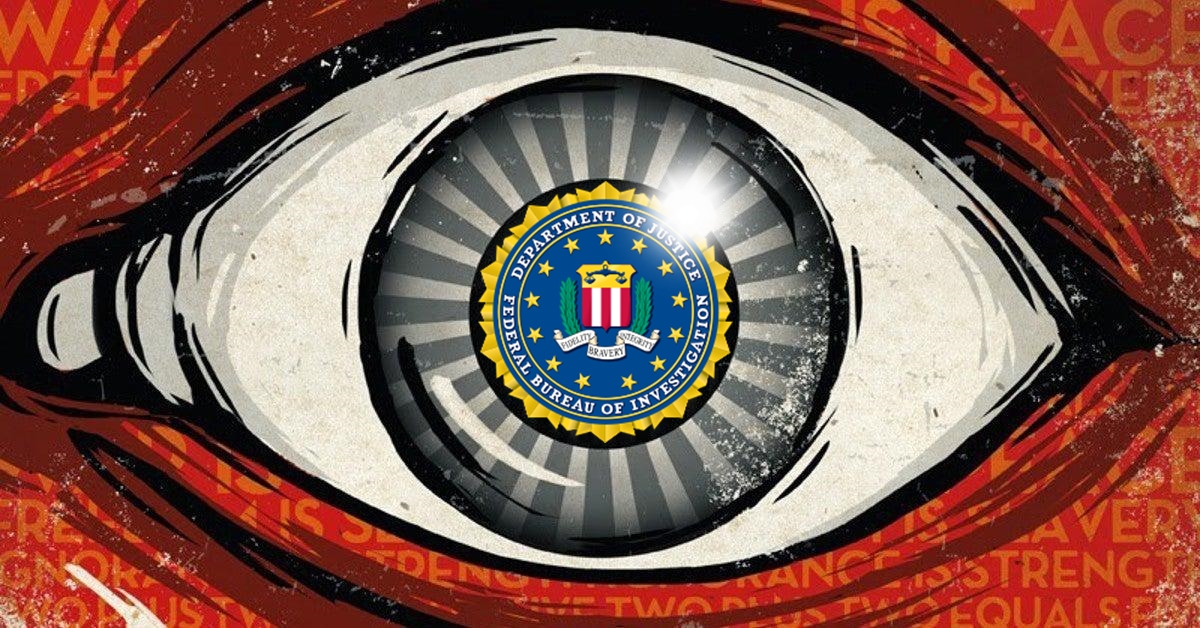Concerns Arise Over Privacy After YouTube Viewings Lead to YouTube User Data Disclosure Requests
The seemingly light-hearted query about whether your online activity could land you on a watchlist is gaining serious traction. Documents recently made public reveal that Google received orders to divulge personal details and activity logs of YouTube users, and YouTube user data, who watched certain videos, triggering alarms over civil liberties.
These revelations came from court documents showing that Google was compelled to provide personal information such as names, addresses, phone numbers, and the activity of users, along with the IP addresses of those who viewed specific YouTube content. These demands were part of a broader criminal probe by federal authorities.

Under the guise “elonmuskwhm,” undercover agents interacted with an individual suspected of laundering money through cryptocurrency. During these interactions, they shared YouTube tutorial links on drone mapping and augmented reality applications. Although these videos attracted over 30,000 views, many viewers were likely unconnected to the investigation.
For a week in early 2023, Google, the parent company of YouTube, was directed to surreptitiously surrender the viewing data, although it remains unclear whether Google complied.
This enforced YouTube user data collection raises significant privacy concerns. Federal agents defended their request, arguing it was essential for identifying individuals involved in the criminal investigation, a rationale echoed by law enforcement nationwide. In a similar instance, New Hampshire police sought specific viewer data from YouTube during an inquiry into bomb threats broadcasted live.
Google’s spokesperson, Matt Bryant, assured the company’s commitment to safeguarding user privacy and constitutional rights while cooperating with law enforcement, stating that each request is thoroughly examined for legal soundness. However, no proof of warrants or due process has been shown.
Nevertheless, privacy advocates are alarmed by the precedent this case sets, highlighting potential infringements on first and fourth amendment rights. Albert Fox-Cahn, from the Surveillance Technology Oversight Project, expressed grave concerns over the growing trend of utilizing search warrants as extensive digital fishing expeditions, deeming it unconstitutional and alarming.
Calls for Google to enhance transparency about its Youtube user data-sharing practices have been longstanding, fueled by arrests during protests and the gradual criminalization of abortion across various states.
In a move to bolster privacy, Google revised its policies in December, allowing users to store location data on their devices rather than on the cloud, thus limiting the duration of data retention. This change also curtailed the prevalent law enforcement tactic of accessing Google’s location data for targeting individuals.
Google has faced legal challenges regarding these privacy issues, with recent cases in state supreme courts questioning the legality of keyword search warrants, which compel companies to hand over an individual’s search history.
We all knew from previous issues that our data was being given to the government, but this latest news shows that the bar is being pushed lower and lower for the reasons the government thinks is ‘okay.’
What do you think about the government spying on your YouTube user data? Let us know your thoughts in the comments below.
